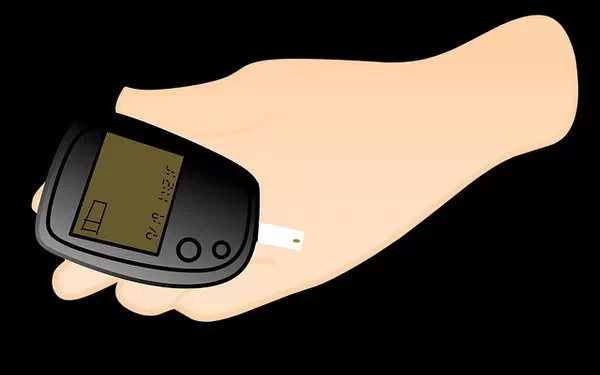Ontario media veteran Kevin Frankish is using his public profile to shift the conversation around diabetes. Diagnosed with Type 2 diabetes nearly a decade ago, Frankish is now actively involved in Abbott’s Above the Bias campaign, which aims to challenge the negative stigma often associated with the disease.
Having lived with the condition for years, Frankish understands the emotional toll that shame and misunderstanding can have on individuals diagnosed with diabetes. He expressed concern over new research revealing that many Canadians living with the disease feel burdened by stigma. In fact, a survey found that roughly one in three Canadians with diabetes have avoided medical appointments due to feelings of embarrassment or shame.
“It hurts when people judge you, especially when it’s negative. You take it to heart,” Frankish shared, reflecting on the damaging impact of stigma on people’s well-being.
The Above the Bias campaign seeks to combat these misconceptions, as experts like Laura Syron, president of Diabetes Canada, emphasize the importance of reshaping public attitudes. Syron, who also has Type 2 diabetes, explained that encouraging people to talk openly about their diagnosis and seek support from family and healthcare providers is vital to managing the condition.
According to the survey, 74 percent of Canadians with diabetes reported that their mental health had suffered as a result of the condition. Syron herself recalls the emotional strain she experienced when she was first diagnosed, feeling an overwhelming sense of self-blame.
“When I heard the diagnosis, I blamed myself—thinking I didn’t exercise enough or didn’t eat right,” Syron admitted. “But when I switched doctors, the new physician reassured me, saying, ‘It’s not your fault.’ Those words were life-changing for me.”
Syron hopes that the Above the Bias campaign will provide clarity and correct widespread misconceptions about diabetes. By educating the public and promoting empathy, she believes the campaign can reduce stigma, just as mental health awareness has improved over the past two decades.
Dr. Hertzel Gerstein, a diabetes expert with over 40 years of experience, notes that many patients are overwhelmed with guilt upon diagnosis. He recounts that half of his newly diagnosed patients break down in tears upon hearing the news, often due to the pressure of societal judgment.
“It’s heartbreaking,” Gerstein said. “People are often made to feel responsible for their illness, as if it’s something they brought upon themselves. The reality is that diabetes, like cancer or other diseases, is not self-inflicted.”
The Above the Bias campaign, which launched earlier this month, aims to shift public perception about diabetes. It encourages a more compassionate and informed dialogue around the condition, which Frankish believes is essential for better understanding and management.
“Diabetes creeps up on you,” Frankish said. “If you don’t address it now, it can take over your life in ways you don’t expect. That’s why this campaign is so important—it’s about breaking the stigma before it becomes a barrier to treatment.”
Related topics:
Diabetes, Periodontal Disease, and Emerging Therapeutic Approaches
Mitochondrial Dysfunction Identified as Key Factor in Diabetes Development, New Study Finds
SGLT2 and GLP-1 Diabetes Medications: Tailoring Treatment for Optimal Cardiovascular Protection


























